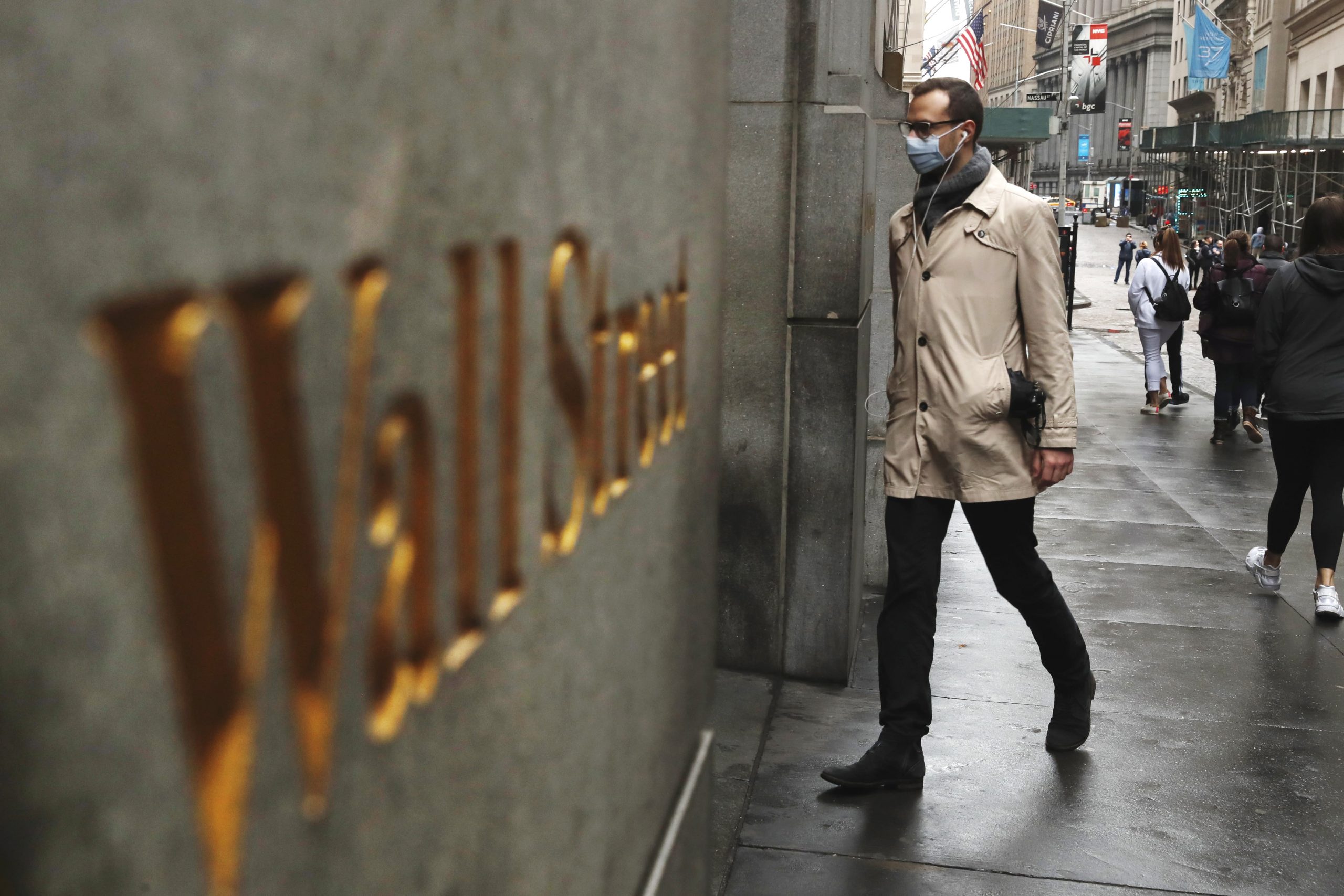Wilmington Trust’s Meghan Shue warns two grim quarters are ahead — not just one.
The firm’s head of investment strategy believes market losses will continue to pile up amid negative coronavirus data and headlines.
“GDP in the second quarter could be anywhere from negative 15% to negative 30%. That is a huge range which just speaks to the uncertainty facing investors at the moment,” the CNBC contributor told CNBC’s “Trading Nation” on Wednesday. “If this is something we can get our arms around in the next 90 days or so, we’re more likely to see the market bottoming in the second quarter.”
Stocks got crushed again Wednesday on fears the pandemic will close the economy longer than expected. Yet, Shue questions whether Wall Street is accurately weighing the risks.
“We can’t help shake the feeling that the markets are still pricing in the best case scenario,” she added. “The market is expecting a bit of a light switch turning on of the economy at designated time, and we don’t think that’s likely.”
She thinks the economy will restart gradually once there’s confirmation coronavirus cases are flattening. That could mean the pain will persist deep into the third quarter, too.
“We need more data so people can get more comfortable with the risk that they face going back out and eating at restaurants or going to the movies,” said Shue.
Shue, who has $107 billion in assets under management, went underweight to stocks in late February as coronavirus risks were growing.
However, shes seeing pockets of opportunities and is starting to position for a market comeback. Shue predicts the market will ultimately regain its footing between the end of the year and early 2021.
‘The bounce tends to be very sharp’
Her current strategy is to target companies that have solid brands, good cash flow and low leverage.
Shue favors financials, industrials, home improvement, technology and even consumer apparel — an area extremely tied to the coronavirus fallout on the labor market and overall economy.
“When we get through this, the consumer is going to be looking at low oil prices [and] ow interest rates for a long time,” noted Shue. “Those retailers or those apparel companies that have multi-channel e-retail as well as direct to consumer opportunities are likely to be really good buys over a 12 to 24 month time frame.”
When coronavirus mortality rates start declining, Shue expects the overall market rebound to be very robust. Her advice to investors: Do not get too conservative or defensive or you’ll miss the turn.
“The bounce tends to be very sharp in these types of drawdowns,” Shue said.
Disclaimer


 Signal2forex.com - Best Forex robots and signals
Signal2forex.com - Best Forex robots and signals




